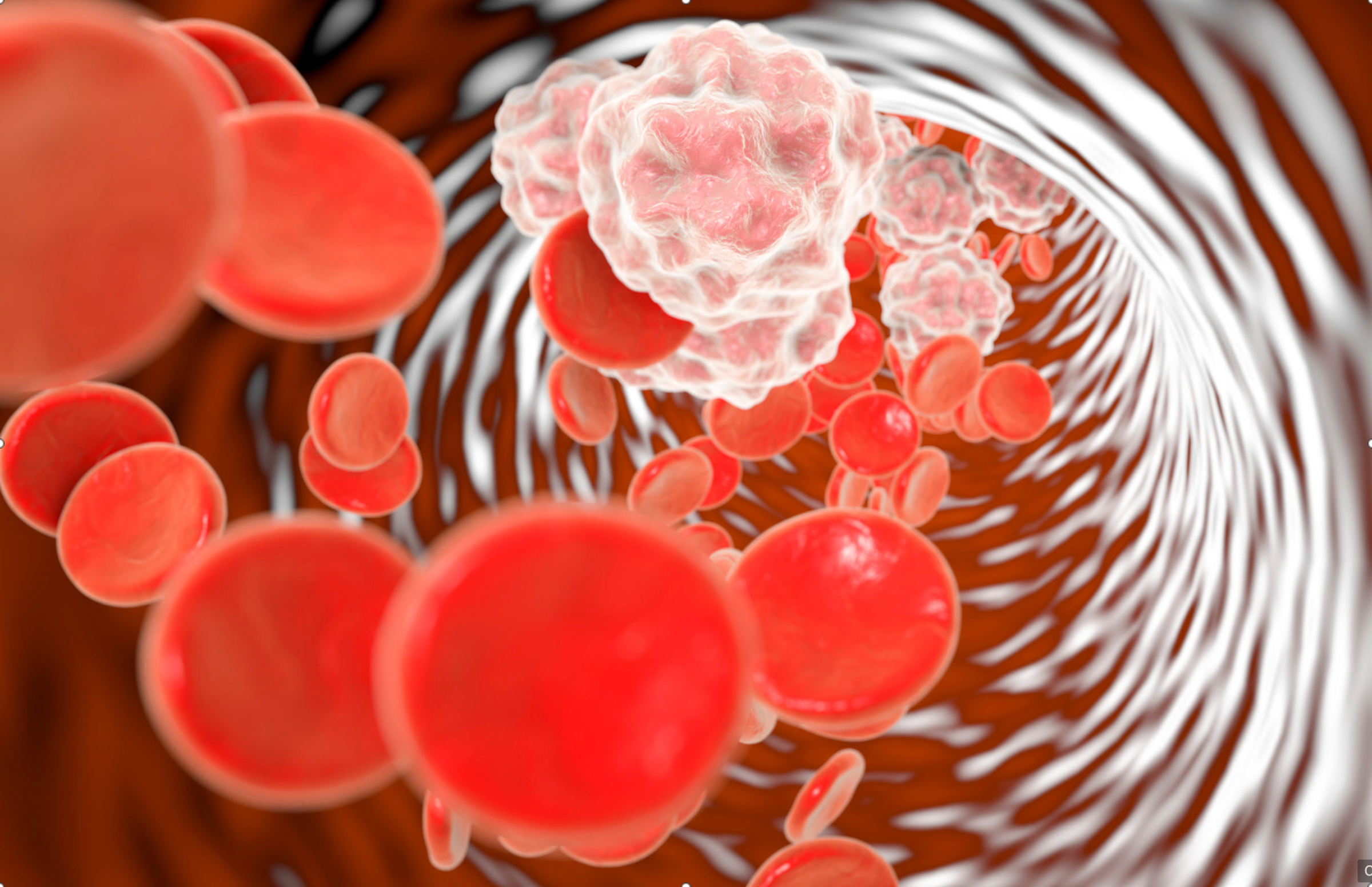NMN: A Brief Overview
Nicotinamide Mononucleotide (NMN) is a molecule that plays a pivotal role in cellular energy production and repair. It serves as a precursor to NAD+, a coenzyme crucial for various cellular processes, including metabolism, DNA repair, and signaling. NAD+ levels decline with age, contributing to various age-related diseases.
NMN has garnered interest due to its potential to boost NAD+ levels, thereby enhancing cellular function and potentially mitigating the effects of aging and inflammation.
NMN and Inflammation: The Scientific Connection
Research into the potential anti-inflammatory effects of NMN has primarily focused on its influence on various pathways and molecules implicated in inflammation. Here, we’ll explore key studies that highlight the relationship between NMN and reduced inflammation.
NMN and NLRP3 Inflammasome
The NLRP3 inflammasome is a multiprotein complex that plays a central role in initiating the inflammatory response. Dysregulation of the NLRP3 inflammasome has been linked to chronic inflammatory conditions. A study published in the journal “Cell Reports” in 2020 demonstrated that NMN treatment suppressed NLRP3 inflammasome activation in macrophages, leading to reduced levels of pro-inflammatory cytokines. This suggests that NMN could mitigate inflammation by modulating the activity of key inflammatory pathways.
NMN and Sirtuins
Sirtuins are a family of proteins that regulate various cellular processes, including inflammation. They are dependent on NAD+ for their activity. A study published in “Nature Communications” in 2019 revealed that NMN administration increased Sirtuin 1 (SIRT1) activity, resulting in reduced inflammation and improved metabolic health in obese mice. This finding underscores the potential of NMN to regulate inflammation via its impact on Sirtuin pathways.
NMN and Immune Function
The immune system relies on precise communication between immune cells to mount an effective response. Dysregulated immune responses contribute to chronic inflammation. In a study published in “Science Advances” in 2021, researchers discovered that NMN administration enhanced the function of regulatory T cells (Tregs), which play a crucial role in suppressing excessive immune responses. By promoting Treg function, NMN could help maintain immune homeostasis and dampen inflammation.
NMN and Endothelial Dysfunction
Endothelial dysfunction, characterised by impaired blood vessel function, is a hallmark of various inflammatory conditions. A study in “Redox Biology” in 2020 investigated the effects of NMN on endothelial function and inflammation. The study found that NMN administration improved endothelial function and reduced inflammation in mice with diet-induced obesity. These findings suggest that NMN’s effects on blood vessel health could contribute to its anti-inflammatory properties.
Conclusion
Inflammation, when regulated properly, is a vital component of the immune response. However, chronic inflammation can contribute to a range of diseases. NMN, as a precursor to NAD+ and a regulator of cellular processes, has garnered attention for its potential to mitigate inflammation. Scientific research has illuminated various pathways through which NMN could exert its anti-inflammatory effects.
Studies have demonstrated that NMN can modulate the NLRP3 inflammasome, enhance Sirtuin activity, support immune function, and improve endothelial function. These findings suggest that NMN’s impact on cellular pathways holds promise for reducing inflammation and promoting overall health.
As the scientific community continues to unravel the intricate relationship between NMN and reduced inflammation, the potential applications of NMN as a therapeutic intervention could hold significant promise for addressing a range of inflammatory conditions.
While the journey from the laboratory to clinical practice is ongoing, the burgeoning research into NMN’s anti-inflammatory properties underscores its potential to revolutionise the field of inflammation research and, potentially, healthcare as a whole.

